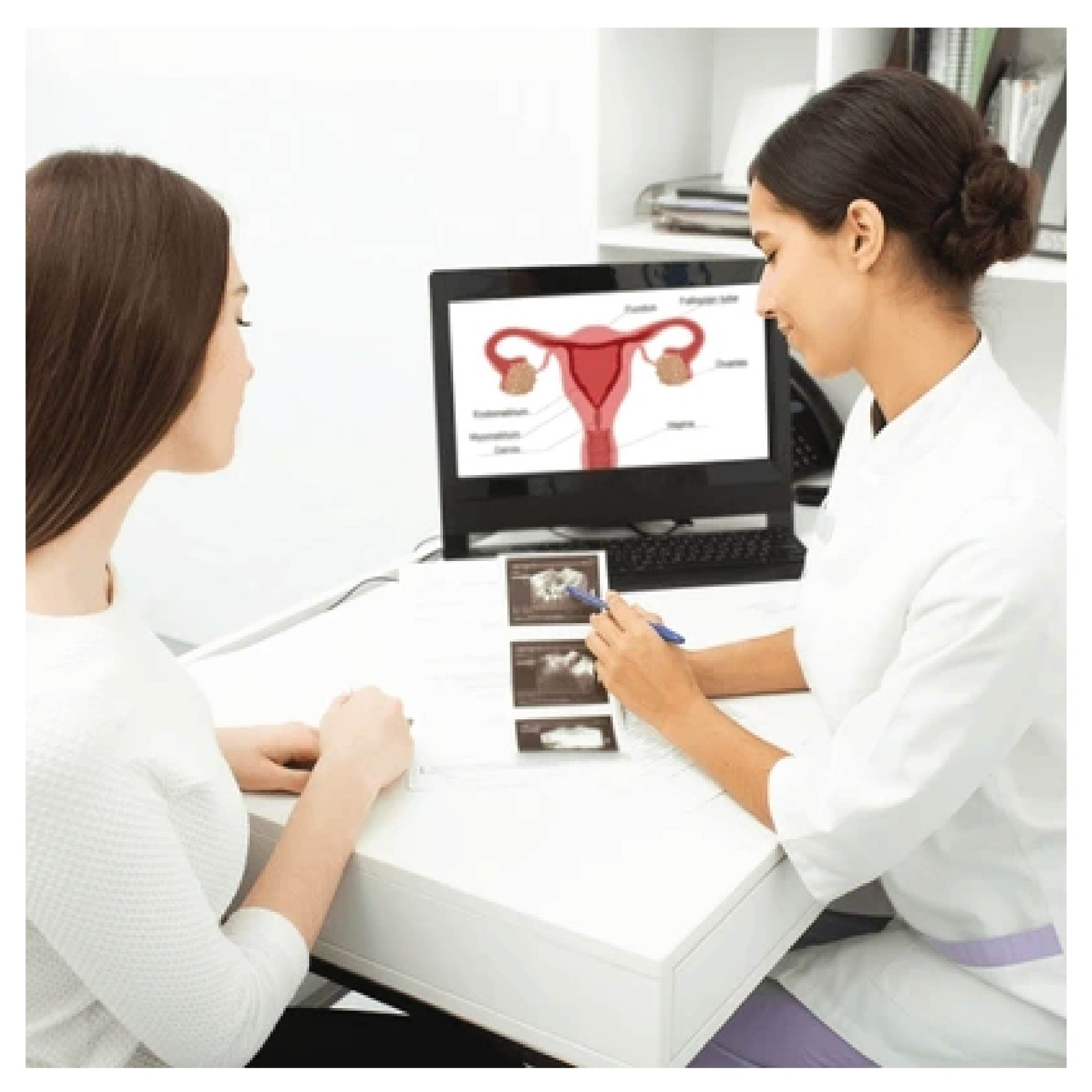A Folliculometry test, also known as a follicular study, is a vital diagnostic procedure that utilizes a series of ultrasound scans to monitor the growth and development of ovarian follicles during a woman’s menstrual cycle. This test typically takes place over a span of several days, and its primary purpose is to pinpoint the exact day of ovulation. It is particularly useful in assessing infertility issues, irregular menstrual cycles, and conditions such as Polycystic Ovary Syndrome (PCOS), offering valuable insights into a woman’s reproductive health.
The procedure for a folliculometry test involves conducting multiple ultrasounds, generally between the ninth and twentieth day of a typical 28-day menstrual cycle. Each session lasts approximately 20 minutes, with patients usually undergoing 4 to 6 ultrasounds during each cycle. These scans provide a detailed view of follicular development, allowing healthcare providers to monitor how the follicles progress towards maturity and prepare for ovulation. By observing this growth trajectory, doctors can gain a better understanding of a woman’s reproductive cycle and address any irregularities that may be present.

